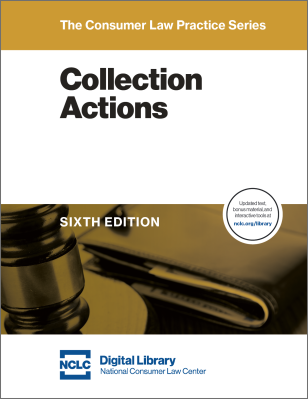Criminal justice defendants are assessed an astonishing array of fines and costs, which may reach into the thousands or tens of thousands of dollars and may include charges to recover the costs of court-appointed counsel, jury fees, expert witness costs, and costs of incarceration, plus surcharges to fund government functions not associated with the specific fine or cost, plus interest, collection costs, payment plan costs, and penalties for late payment. Those accused of civil infractions and traffic violations also face fines and costs that may become unaffordable debts. Non-payment can result in incarceration and other harsh government actions. One-sixth of Virginia’s drivers (i.e. over 900,000 drivers) have their driving licenses now suspended for non-payment of these types of debts.
Too often neither criminal defense attorneys nor consumer or other civil attorneys prioritize representation of clients concerning these debts, leaving a vacuum where individuals forgo valid defenses to imposition or collection of criminal justice debts. NCLC has added online a new chapter 10a to our Collection Actions treatise as an aid to representation of clients faced with imposition or collection of criminal justice debt.
Chapter highlights include
- Constitutional protections against debtors’ prisons and other harsh or discriminatory collection of criminal justice debt;
- Constitutionally required procedural safeguards as to the imposition and collection of criminal justice debt;
- Tactics to minimize the imposition of criminal justice debt;
- Ability-to-pay determinations;
- Plea bargaining and criminal justice debt;
- Community service as alternative to criminal justice debt;
- Remission or modification of criminal justice debt;
- Constitutional defenses against incarceration for nonpayment;
- Statute of limitations;
- Application of federal and state exemptions to government attempts to collect criminal justice debt;
- The ability to discharge or restructure criminal justice debt in a consumer bankruptcy;
- Affirmative constitutional challenges to criminal justice practices;
- Affirmative challenges under Title VI of the Civil Rights Act, the Equal Credit Opportunity Act, the Fair Debt Collection Practices Act, and Fair Credit Reporting Act;
- Limitations on affirmative challenges to criminal justice debt including immunity and abstention.
Criminal justice debt is a growing area of legal representation and this chapter will keep practitioners abreast of new developments online and then in the next print edition.
Non-government litigators may also wish to join the National Legal Aid & Defender Association’s Court Debt listserv to keep on top of criminal justice debt issues and participate in discussion with other advocates working in this area. New members must be vetted prior to joining the listserv. To request to join the listserv, contact [email protected].

